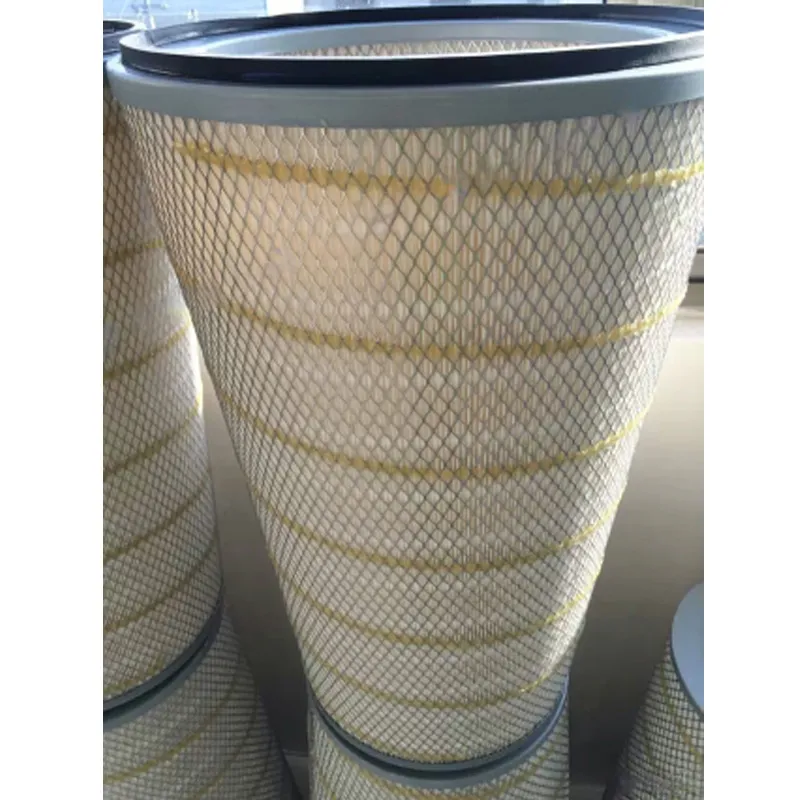 Tel:
+8615930870079
Tel:
+8615930870079
7月 . 29, 2024 00:03 Back to list
Understanding the Importance of HEPA Cartridges for Clean Indoor Air and Allergy Reduction
Understanding HEPA Cartridges Importance, Functionality, and Applications
HEPA (High-Efficiency Particulate Air) cartridges are significant components in air filtration systems, renowned for their ability to trap a vast majority of airborne particles, including dust, pollen, mold spores, and even certain bacteria and viruses. The effectiveness of HEPA filters is measured based on their capability to capture at least 99.97% of particles that are 0.3 microns in diameter, making them a crucial device in maintaining high air quality standards in various settings.
Understanding HEPA Cartridges Importance, Functionality, and Applications
HEPA cartridges are widely used in various applications, ranging from household appliances to industrial processes. In residential settings, they are commonly found in vacuum cleaners, air purifiers, and HVAC systems, helping to reduce allergens and improve overall indoor air quality. Individuals suffering from allergies or asthma often benefit significantly from these devices, as they can help alleviate symptoms by minimizing triggers such as pet dander, mold spores, and other allergens.
hepa cartridges

In healthcare settings, the importance of HEPA cartridges cannot be overstated. Hospitals use HEPA filters in their ventilation systems to create sterile environments and prevent the spread of infectious diseases. Operating rooms and isolation rooms are equipped with HEPA-filtered systems to ensure that the air remains uncontaminated, thereby protecting patients and medical staff alike. Additionally, in laboratories where research on pathogens is conducted, HEPA filtration minimizes the risk of aerosol transmission.
The industrial sector also relies heavily on HEPA filters, particularly in cleanrooms where manufacturing processes for pharmaceuticals, semiconductors, and other sensitive products take place. Here, even the slightest contamination can lead to catastrophic failures or product recalls. HEPA cartridges play a vital role in maintaining the stringent air quality standards required for these environments.
Despite their efficacy, it is essential for users to regularly maintain and replace HEPA cartridges to ensure optimal performance. Over time, filters can become saturated with dust and contaminants, leading to reduced airflow and, consequently, lower filtration efficiency. Depending on usage and the amount of airborne particles in a particular environment, HEPA cartridges may need to be replaced every six months to a year.
In conclusion, HEPA cartridges are indispensable in today's world, particularly as air quality concerns rise globally. Their ability to effectively capture harmful particles makes them essential in various settings, from homes to healthcare and industrial facilities. By understanding the functionality of these cartridges and committing to regular maintenance, individuals and organizations can ensure cleaner, healthier air for all. Whether you’re looking to improve your home environment or maintain standards in a professional setting, investing in quality HEPA filtration is a step toward better air quality and overall well-being.
-
Types and Applications of Air Filtration CartridgesNewsJul.28,2025
-
The Role of Gas Turbine FiltersNewsJul.28,2025
-
Mastering Air Filter Cartridge UseNewsJul.28,2025
-
Advanced Turbine Filters for Modern Gas TurbinesNewsJul.28,2025
-
Cellulose Air Filter Cartridge Advantages in Dust FiltrationNewsJul.28,2025
-
Cellulose Filters for Air Particle ReductionNewsJul.28,2025

 Email:
Email:





